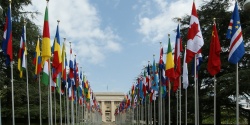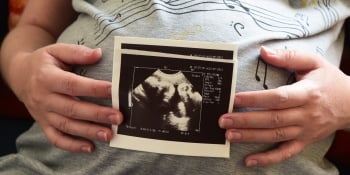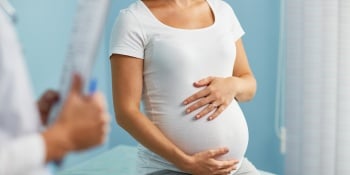Published: 30.10.2018

Ordo Iuris points out that the Commission on the Status of Women, which is a UN body, under the guise of "strengthening women" intends to promote the ideological "gender struggle" and abortive killing of unborn children. At the same time, it marginalises mothers who devote themselves to bringing up their children.
Next year's deliberations of the Commission will focus on "social protection systems, access to public services and sustainable infrastructures for gender equality and empowerment of women and girls". According to information provided after the UN Women (UN entity dealing with implementation of the gender ideology) experts’ meeting in September this year, one of the main topics for discussion at the Commission's spring session will be the study of gender relations in social protection systems, infrastructure and public services. According to UN Women experts, all these areas of society are not "gender neutral" and "redistribution of power" and "allocation of resources" largely favours men. In their view, one of the most important areas to be examined in terms of "gender equality" is: access to resources, labour market segregation, social norms, ideologies, beliefs and decision-making principles. In order to change economic, social life and social institutions (e.g. family), UN Women's experts predict that special measures should be introduced within each role of a woman (as an employee, as a mother or wife, as a citizen). One such measure would be "women's control over their bodies", which means guaranteeing them the possibility of abortive killing of an unborn child.
The assumptions of UN Women's experts are not far from the annual discussions within the Commission on the Status of Women. The struggle between the sexes, along the lines of Marxist ideology, and the reduction of the needs and aspirations of women “according to male model” is the guiding motto of the work in all UN committees and commissions. Describing reality in such a manner does not help, but, quite on the contrary, makes it difficult to solve real social and economic problems in the world. Moreover, according to UN Women's experts, "gender struggle" legitimizes the killing of unborn children, i.e. the weakest members of society. The assumptions of UN Women's representatives, despite their ideological character, are mistakenly identified with human rights - comments Rozalia Kielmans-Ratyńska, Deputy Director of the Centre for International Law of the Ordo Iuris Institute.
‘What about mothers whose plan to "combine work and private life" differs from the UN experts' vision? Should such women not be provided with social protection, infrastructural support and public services? Ordo Iuris points out that the work of mothers who take care of their children on a permanent basis and run a home is economically measurable. In addition, women should have the freedom to choose the form of childcare during the first years of the child's life. To this end, the range of non-institutional forms of childcare (e.g. child-care vouchers) should be extended to enable parents to make real choices about caring for their children and to reconcile their family and private lives in a flexible way. Women should have the chance to be both “full-time” mothers and “full-time” workers of their choice, but no “full-time” mother can feel compelled to give up her aspirations and dreams of being a mother for her children because of social and economic programmes’, adds Kielmans-Ratyńska.
A similar situation exists with regard to the family. The autonomy and decision-making power of the family is increasingly neglected when shaping social and economic programmes. The marginalisation of this fundamental social unit has been signalled by the Institute to the Committee on Social Development - a UN body which will look next year at the subject of "solving inequalities and challenges related to social integration through fiscal, wage and social policies".
Previous activities of the Institute in defence of the family at the UN forum can be found here: LINK.

· The anti-life projects proposed by our ruling coalition are only the beginning of a political process leading to the normalisation of the mass killing of unborn children.
· The French law of 1974, which was only supposed to open the floodgates to prenatal killing for women in distress, in fact established a new legal foundation through which almost a quarter of a million children lose their lives in France every year.

· Abortion advocates manipulate human rights slogans which remain relevant to Polish citizens in order to force the public into supporting abortion.

How should Polish doctors affirm the right to life amid the efforts of the ruling coalition and Prime Minister Donald Tusk to legalize abortion in Poland, despite the constitutional protection of life from the moment of conception?
A commentary on the new recommendations of the Polish Society of Gynecologists and Obstetricians from Prof. Bogdan Chazan and legal counsel Katarzyna Gęsiak.